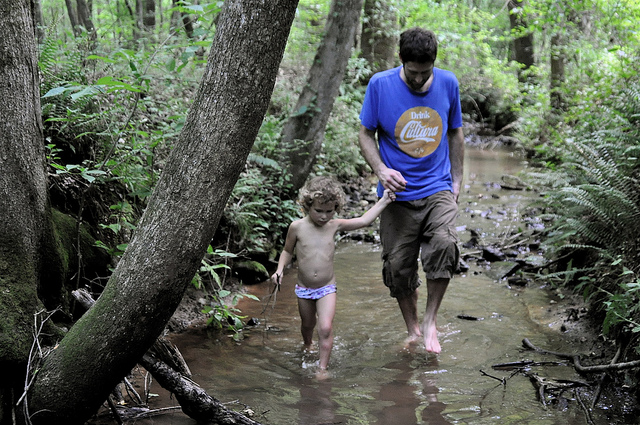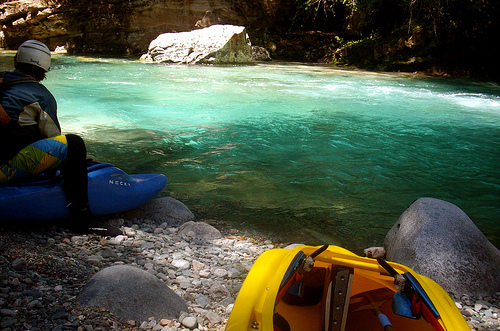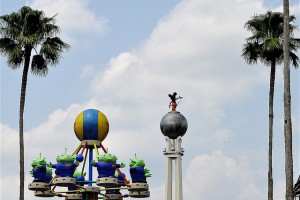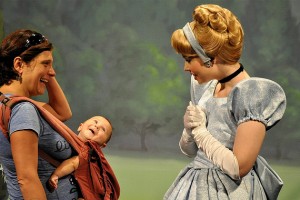The fuckedupness
THE HARDEST PART about working and in some ways “living” on the internet is that you never know exactly what the vibe is. It’s the opposite of real life, where communication is situational, predicated not on words but nonverbal cues, subtext, flow, the look in a person’s eyes, la onda, as they say here in Argentina, the feel of a place at ground level, like entering a classroom or rolling up to a jobsite or walking into a cafe or concert, and scoping the actions and “energy” of the people gathered there.



